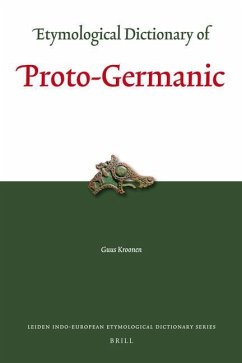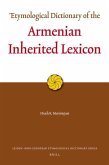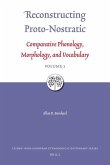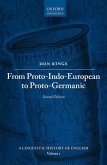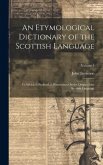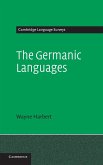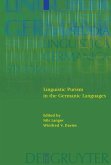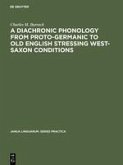The Germanic languages, which include English, German, Dutch and Scandinavian, belong to the best-studied languages in the world, but the picture of their parent language, Proto-Germanic, continues to evolve. This new etymological dictionary offers a wealth of material collected from old and new Germanic sources, ranging from Gothic to Elfdalian, from Old English to the Swiss dialects, and incorporates several important advances in Proto-Germanic phonology, morphology and derivation. With its approximately 2,800 headwords and at least as many derivations, it covers the larger part of the Proto-Germanic vocabulary, and attempts to trace it back to its Proto-Indo-European foundations. The result is a landmark etymological study indispensable to Indo-Europeanists and Germanicists, as well as to the non-specialist.
"[T]he 11th volume of the admirable Leiden Indo-European Etymological Dictionary Series represents an important contribution to Germanic etymology and proto-Germanic reconstructions, and offers a valuable reference work not only for Indo-Europeanists of all specializations, but also for specialists in the field of Balto-Finnic and Saamic languages." Václav Blazek, Journal of Indo-European Studies 2014.

